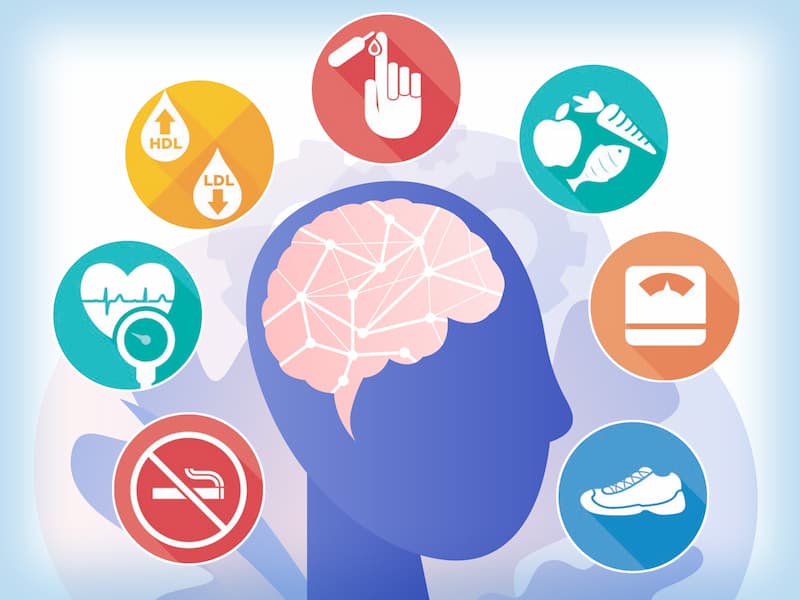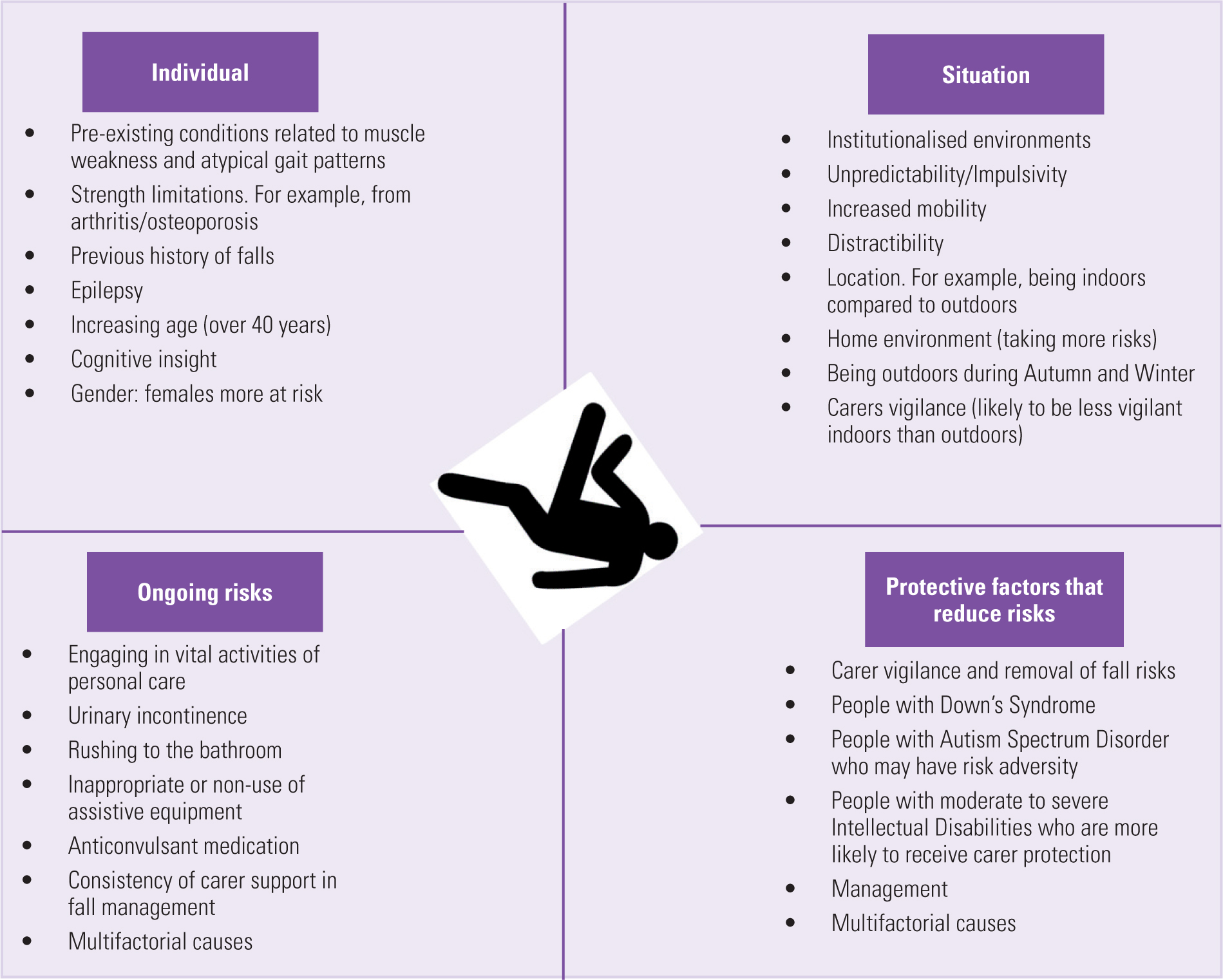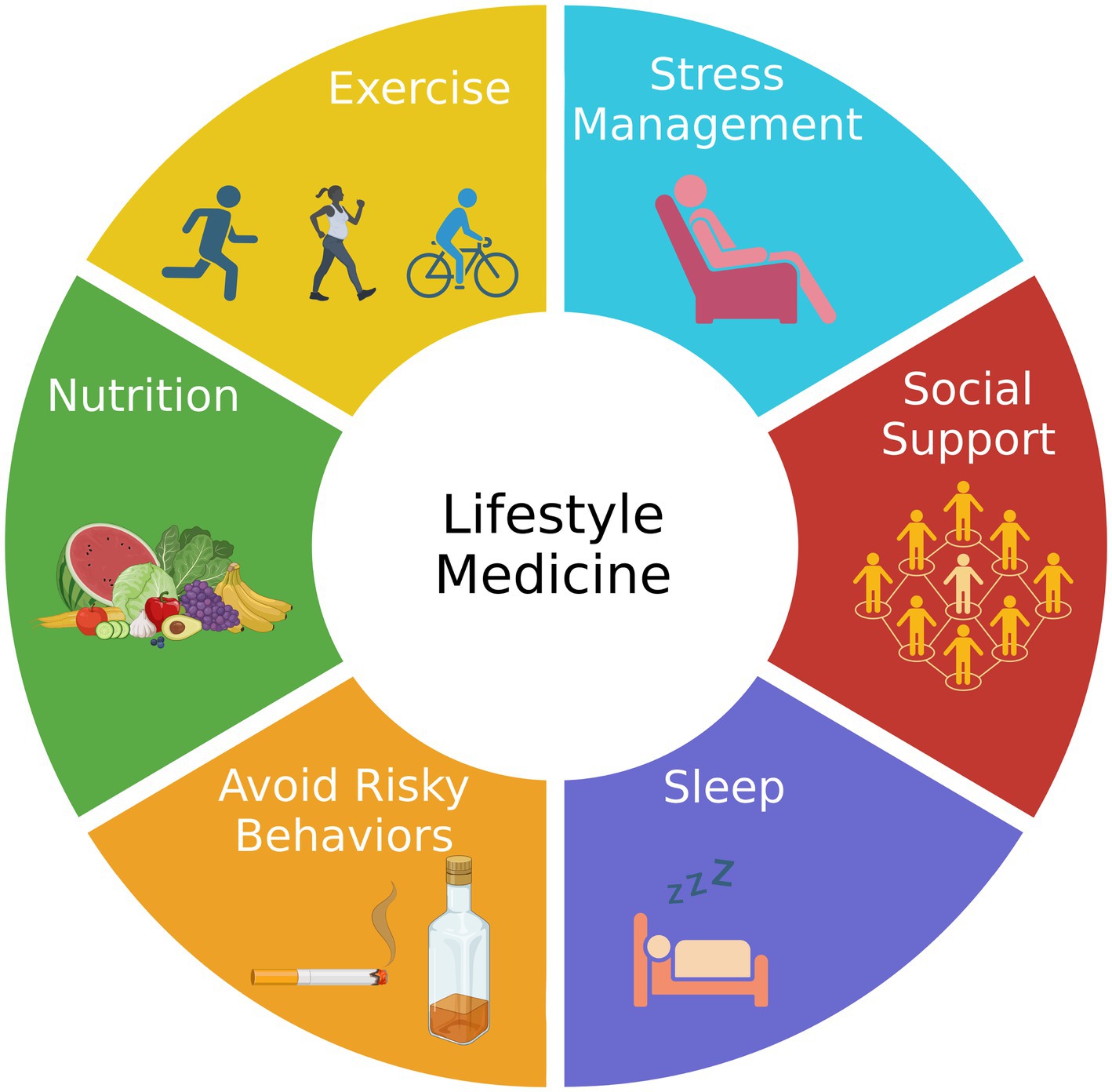Physical Address
304 North Cardinal St.
Dorchester Center, MA 02124

Individuals with Down syndrome face a higher risk of developing dementia, particularly Alzheimer’s disease. This increased risk is linked to genetic factors associated with Down syndrome.
Down syndrome, a genetic condition resulting from an extra chromosome 21, inherently carries a predisposition to certain medical conditions, with dementia being a prominent concern. The prevalence of dementia in this population skyrockets as they age, notably after the age of 40.
Research indicates that the same genetic anomaly that causes Down syndrome also promotes the early onset of Alzheimer’s pathology. Individuals with Down syndrome are born with a third copy of the APP gene, which is known to influence amyloid plaque accumulation, a hallmark of Alzheimer’s disease. Early and proactive monitoring for signs of cognitive decline in those with Down syndrome is crucial. Understanding their enhanced susceptibility empowers caregivers and healthcare providers to implement preventative strategies and interventions to improve quality of life.

Credit: www.britishjournalofcommunitynursing.com
Exploring the relationship between Down Syndrome and dementia sheds light on unique health challenges faced by individuals with Down Syndrome. An essential step to support and care involves understanding the risk and management of dementia for those affected by this genetic condition.
Down Syndrome, a genetic disorder caused by an extra copy of chromosome 21, affects physical and cognitive development. Noted for certain facial features and developmental delays, individuals with Down Syndrome experience a spectrum of abilities.
Dementia occurs more frequently in adults with Down Syndrome, especially as they age. By the time they reach their 60s, a significant number may show symptoms of dementia, including memory loss and cognitive decline.
| Age Range | Prevalence of Dementia |
|---|---|
| 30-39 years | 10-25% |
| 40-49 years | 20-50% |
| Over 50 years | Up to 75% |
The presence of extra chromosome 21 leads to an overproduction of amyloid precursor protein (APP), a key protein in the development of Alzheimer’s disease. This biological reality increases the risk of dementia in individuals with Down Syndrome.

Credit: www.frontiersin.org
Dementia presents differently in every person. But for individuals with Down syndrome, there’s a noticeably higher risk. Why? Let’s dive into the specifics, examining genetic components, aging process, health conditions, and environmental factors that might play roles.
Down syndrome arises from an extra copy of chromosome 21. This chromosome carries amyloid precursor protein, which is linked to Alzheimer’s disease, a form of dementia. This genetic trait significantly influences the risk, making dementia more prevalent among this group.
Key Points:
The risk of developing dementia for those with Down syndrome escalates with age. Specifically, after the age of 40, this risk surges, making regular assessments crucial for early intervention.
Dementia Onset Timeline:
Various health conditions can exacerbate the risk of dementia. Thyroid problems, heart diseases, and sleep apnea, prevalent in Down syndrome individuals, are critical here. Recognizing and managing these conditions is vital for mitigating dementia risk.
| Condition | Impact on Dementia Risk |
|---|---|
| Thyroid issues | Can worsen cognitive decline |
| Heart disease | May affect brain health |
| Sleep apnea | Linked to memory problems |
Though genetic and age factors are significant, lifestyle and environment also shape dementia risks. A balanced diet, regular physical activity, and cognitive engagement are protective measures. Additionally, stable support systems and stress-free environments contribute positively.
Lifestyle Tips:
Detecting and diagnosing dementia in individuals with Down Syndrome requires specialized approaches. As they age, the prevalence of dementia symptoms in those with Down Syndrome increases. Given the distinct cognitive profiles of individuals with Down Syndrome, early detection and accurate diagnosis are crucial for timely interventions and support.
Diagnosing dementia in individuals with Down Syndrome presents unique challenges. Baseline cognitive impairments make it difficult to distinguish dementia-related decline from existing disabilities. Moreover, communication barriers can also obscure symptom reporting, while changes in behavior might be mistakenly attributed to the syndrome itself rather than dementia.
Specific tools tailored for Down Syndrome are essential for effective cognitive screening. Healthcare professionals often use adapted tests that consider the individual’s cognitive abilities. These include the Down Syndrome Mental Status Examination and the Cambridge Cognitive Examination-Down Syndrome (CAMCOG-DS).
Behavioral changes can signal the onset of dementia. Observers should monitor for any new or worsening symptoms such as:
Consistent and detailed observations are key to identifying these signs.
Biomarkers and neuroimaging are emerging as valuable tools in dementia diagnosis for individuals with Down Syndrome. Techniques like MRI and PET scans can detect brain changes even before symptoms are evident. Blood tests for biomarkers like amyloid-beta and tau proteins can also provide early warning signs.
| Tool | Function |
|---|---|
| MRI | Analyzes brain structure for atrophy |
| PET Scans | Assesses brain metabolism and amyloid deposits |
| Blood Biomarkers | Indicates presence of dementia-related proteins |
By combining all these methods, healthcare providers can obtain a clearer picture of an individual’s cognitive health and identify dementia more accurately.

Credit: www.thelancet.com
Individuals with Down syndrome face a higher risk of developing dementia. Effective management and intervention strategies are crucial. They enhance life quality and support longevity.
Pharmacological treatments focus on managing symptoms and slowing progression. Although no cure exists, certain medications can offer benefits. These include cholinesterase inhibitors and memantine.
Outcomes from drugs vary, and regular assessment is necessary to gauge their impact.
Interventions without drugs play a pivotal role. They utilize therapeutic activities and lifestyle modifications.
Support for caregivers ensures sustained and effective dementia care. It includes:
Families need access to resources and community networks.
Advances in research are pivotal for discovery. They enable new treatments to emerge.
Current research avenues include:
Future therapies might drastically change outcomes for individuals with Down syndrome and dementia.
Addressing dementia risk in individuals with Down syndrome calls for an awareness of ethical considerations and focuses on ensuring the highest quality of life possible. Questions of autonomy, consent, and appropriate care come together with the need for strong support systems and community ties. The discourse for individuals with Down syndrome emphasizes respectful and inclusive approaches that affirm their rights and individuality.
Understanding the role of informed consent is vital. In healthcare, this implies that individuals have the right to be fully informed about their treatment options and to make decisions regarding their care.
Palliative care prioritizes comfort and quality of life for individuals with serious health conditions. End-of-life care strategies should focus on minimizing discomfort and enhancing life quality.
Strong social support networks ensure individuals with Down syndrome feel valued and connected to their communities. Care involves adopting inclusion strategies.
Advocacy focuses on upholding rights and pushing for policy reform to address the needs of those with Down syndrome. Policy changes aim to protect and support this community.
| Focus Area | Objective |
|---|---|
| Healthcare Access | Ensure equal access to all treatment options. |
| Education | Provide tailored learning opportunities. |
| Employment | Support pathways to meaningful employment. |
Dementia is indeed more common in people with Down syndrome, particularly as they age. The condition affects roughly 50% of individuals with Down syndrome by the age of 60.
The dementia scale for Down syndrome is the Dementia Screening Questionnaire for Individuals with Intellectual Disabilities (DSQIID). It assesses age-related cognitive decline in adults with Down syndrome.
Approximately 50% of people with Down syndrome develop Alzheimer’s, usually evident by their 60s.
The primary risk factor for dementia is advancing age, with the likelihood increasing significantly as people get older.
Understanding the complexities of dementia in individuals with Down syndrome is crucial. By staying informed, we can improve care and support for those affected. Embrace a proactive stance—knowledge is power in promoting better health outcomes. Let’s commit to advancing research and fostering a compassionate community for these individuals and their families.

